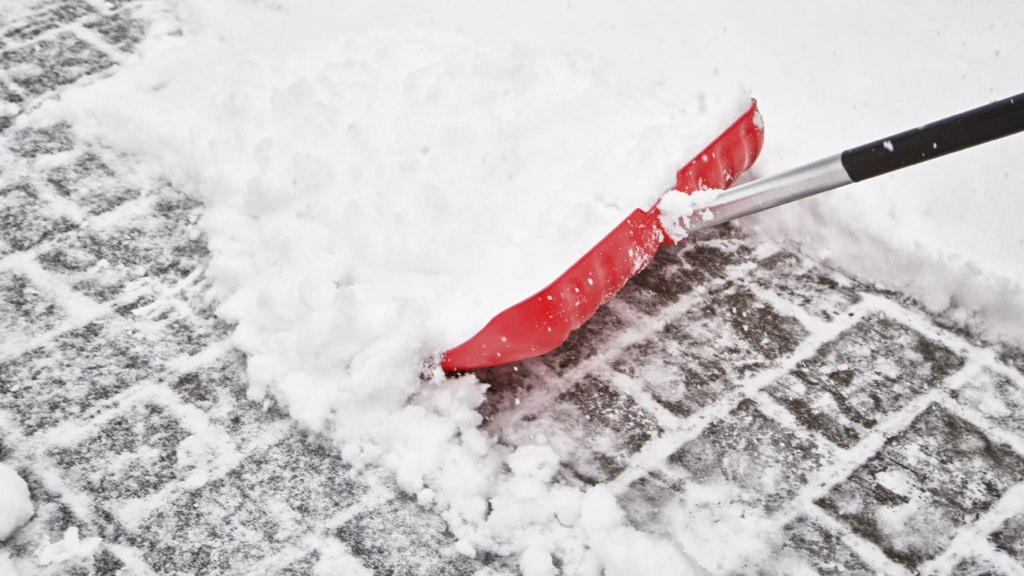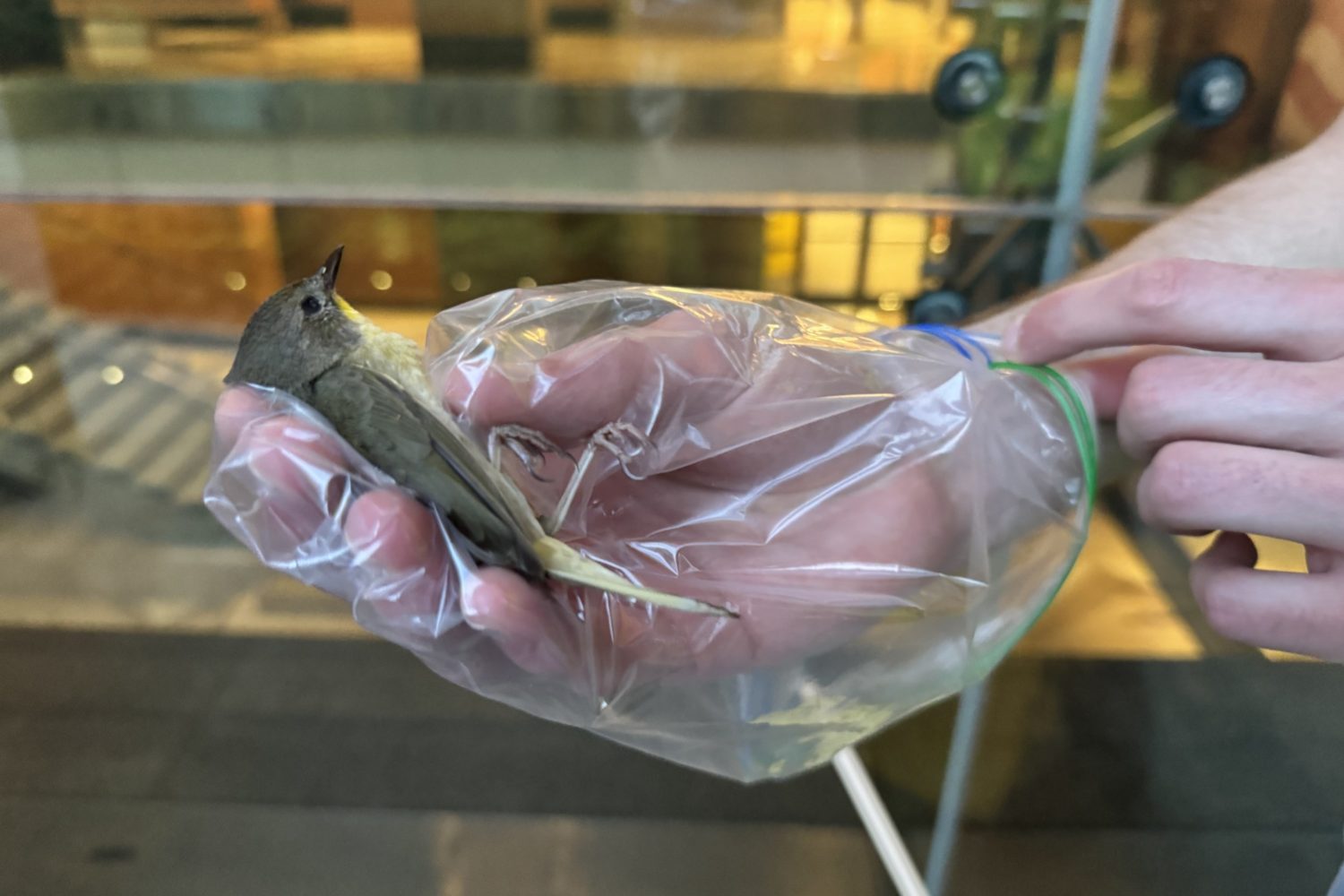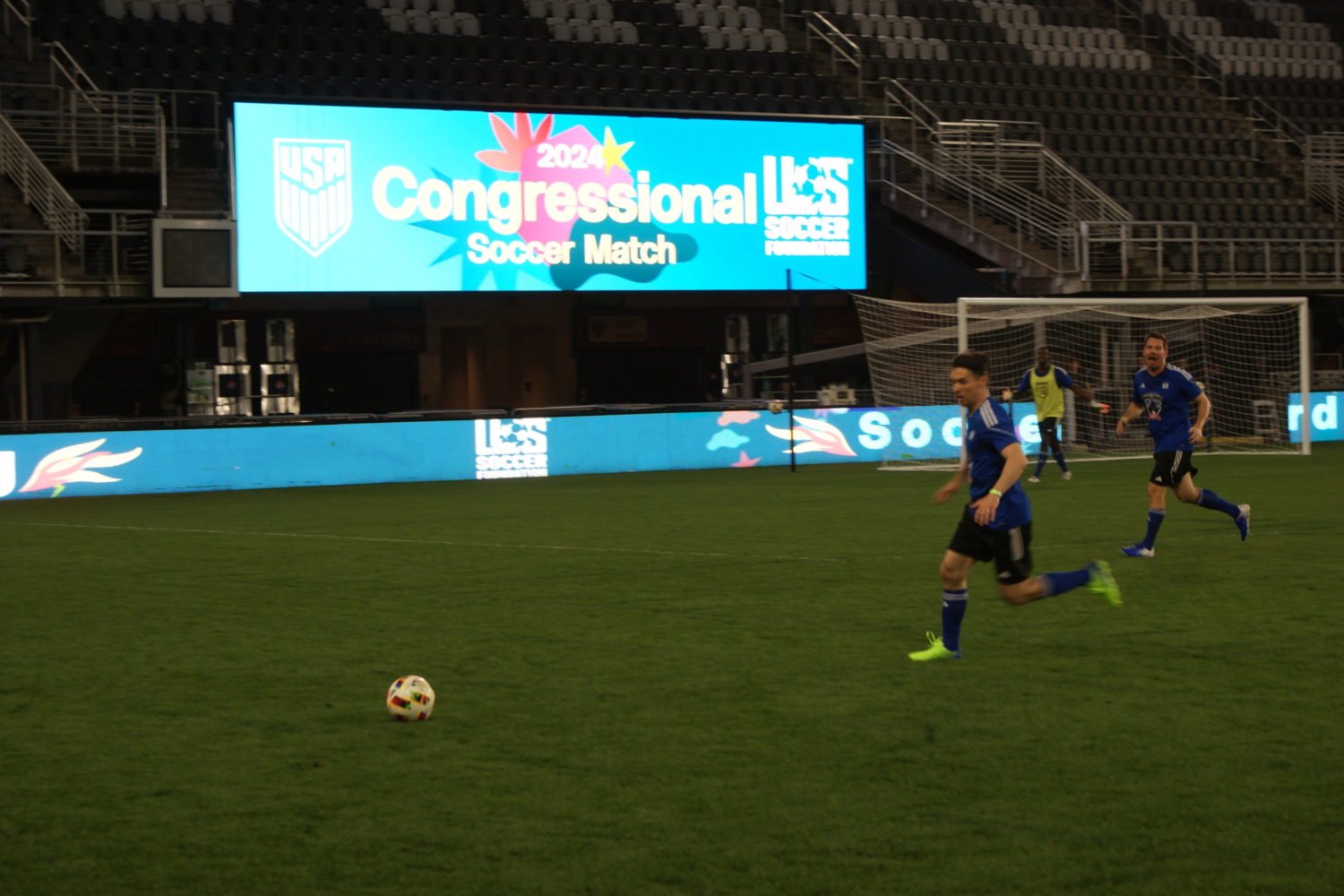The winter storm approaching Washington is expected to bring at least 18 inches of snow and possibly much more in some areas, along with intense winds that could create blizzard conditions for up to 36 hours between Friday evening and late Saturday. And when the skies clear and the winds die down, it’ll be time for some snow-shoveling.
Shoveling snow is a great winter activity: it provides a cardio workout that uses muscles in your arms, legs, back, and core; creates a market for dirt-cheap child labor; and, most importantly, it builds character. Above all, though, it’s mandatory to clear off the sidewalks that abut your home and place of business, with many—but not all—local jurisdictions collecting fines from the scofflaws who abandon their neighbors to icy chance.
Here’s how DC and the suburbs enforce shoveling the sidewalks, and how you can rat out the jerks who don’t do their neighborly duty:
DC
The District adopted a law in late 2014 that makes not shoveling an offense punishable with a cash fine. The new rules, which went into effect this winter, will have their first big test this week. Any property owner who does not clear snow and ice from the sidewalk bordering their property within eight daylight hours of the end of the storm can be hit with a fine of $25 plus the cost of removal. Elderly and physically disabled residents are exempted from the shoveling requirements.
Unfortunately, the District’s tough stance against people who don’t shovel appears to be in spirit only. The District Department of Transportation offers little guidance for reporting untended sidewalks, and at her snow-preparation press conference Thursday morning, Mayor Muriel Bowser seemed to back away from the notion that the city will punish such offenders.
“We don’t expect to issue tickets to residents during this snow event,” she said. She also said the DC government has assembled a team of 2,000 volunteers to help with shoveling throughout the city when the snow subsides.
Council member Mary Cheh, who sponsored the legislation to make not shoveling after a snowstorm a fineable offense, is a bit perplexed by Bowser’s statement and tells Washingtonian she wants to know why the mayor suggested there won’t be any tickets issued this weekend.
“We were poised to make people do the right thing,” she says. “This was supposed to happen.”
Arlington
In the event of a storm that leaves more than six inches of snow on the ground, Arlington County gives its property owners 36 hours to clear their parts of the sidewalks. Failure to shovel costs $50 for a sidewalk less than 200 feet in length, and $100 for longer sidewalks. And don’t even think about dumping the snow from your driveway or front porch onto the public sidewalk—that’ll cost you $250.
How to snitch: Arlington posts its shoveling deadline on its emergency services website. But if the deadline passes and your neighbors haven’t cleared their parts of the sidewalk, you can report them through an online form.
Alexandria
Alexandria City Code stipulates that shoveling out sidewalks, driveways, and entrances are the responsibility of the adjacent property owners or occupants. But the city’s deadlines for shoveling depend on the severity of its storm response level. In the event of the approaching blizzard, Alexandria is at Level 3, meaning property owners and residents will have 72 hours to shovel after the storm concludes, or face a $50 fine.
How to snitch: Sidewalks that are still covered in snow and ice after the deadline can be reported at 703-746-4357, and the city will investigate the violation.
Montgomery County
“A person is responsible for removing snow and ice on any sidewalk, other walkway on or adjacent to property that the person owns, leases, or manages,” a county website reads. Most of Montgomery County gets 24 hours to clear their sidewalks or face a $50 fine, but some municipalities have particular rules of their own. Takoma Park, for instance, gives its residents until 7 PM on the day of the snowstorm or after four hours of daylight after the snow stops falling, whichever is later. Rockville has flexible deadlines depending on the total accumulation; residents have 72 hours to shovel after a storm that dumps more than 10 inches of snow.
How to snitch: Call 311 or 240-777-0311.
Prince George’s County
Owners, tenants, and property managers are required to shovel public sidewalks adjacent to their homes or businesses within 48 hours after snow has fallen. But county officials will start issuing reminders to shovel 24 hours after the accumulation by leaving door hangers at addresses that still need to shovel. Residents or business owners who are still in violation 24 hours after the warning can get a $100 fine.
How to snitch: Shoveling violations can be reported to Prince George’s County’s 311 line or its CountyClick website.
Fairfax County
The 1.13 million-population county coddles its residents and businesses. “While not legally obligated, residents and businesses are asked to help keep sidewalks safe,” Fairfax County’s emergency services website reads. The county encourages people to shovel the sidewalks in front of their property as quickly as possible, but without the threat of punishment, it also fosters a safe haven for jerks.
How to snitch: Sadly, there is nothing to be snitched about.
Between Fairfax County’s velvet-gloved policies and DC’s apparent decision not to enforce its new requirement, there may be a higher chance that sidewalks go uncleared once the storm dissipates. If you feel calling city or county officials to report non-shoveling neighbors isn’t enough shame, take a photo of the offending property and send it to dcsnowsnitch@gmail.com or share it on Twitter with @SnowSnitchDC.
Jackson Knapp contributed to this report.



















